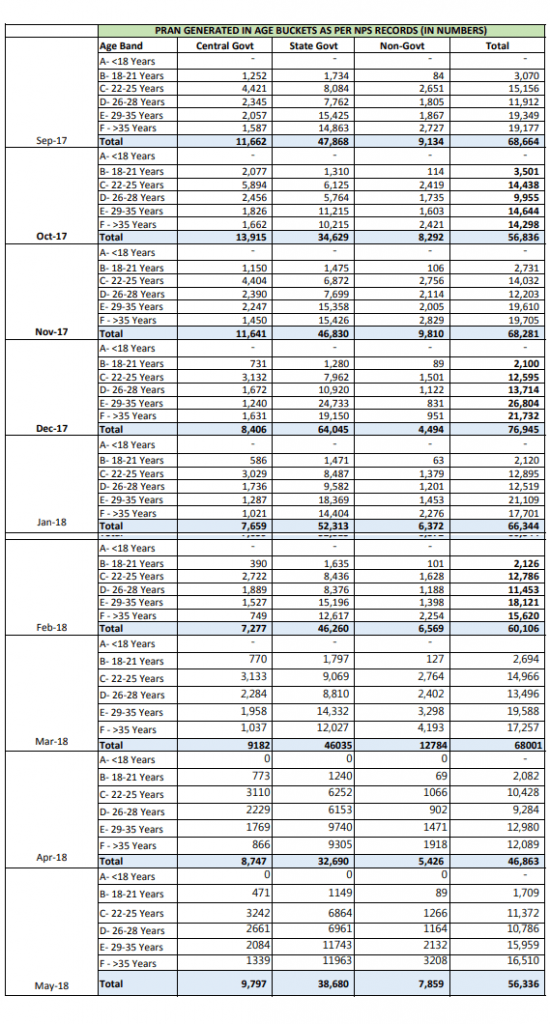Fixation of TRCA in new TRCA matrix and payment of Arrears
Instructions on Fixation of TRCA in new TRCA matrix and payment of Arrears
The responsibility of fixation of TRCA in the new TRCA matrix with effect from 1.7.2018 rests with the Divisional Superintendent of Post Offices/RMS units for all GDS working under their jurisdiction. In respect of GDSs working in independent units like Gazetted HOs in charge of Senior Postmaster/ Chief Postmaster, the fixation will be done by the Senior / Chief PM.
2. The respective authorities shall fix...
Read More ->>













 →
→











